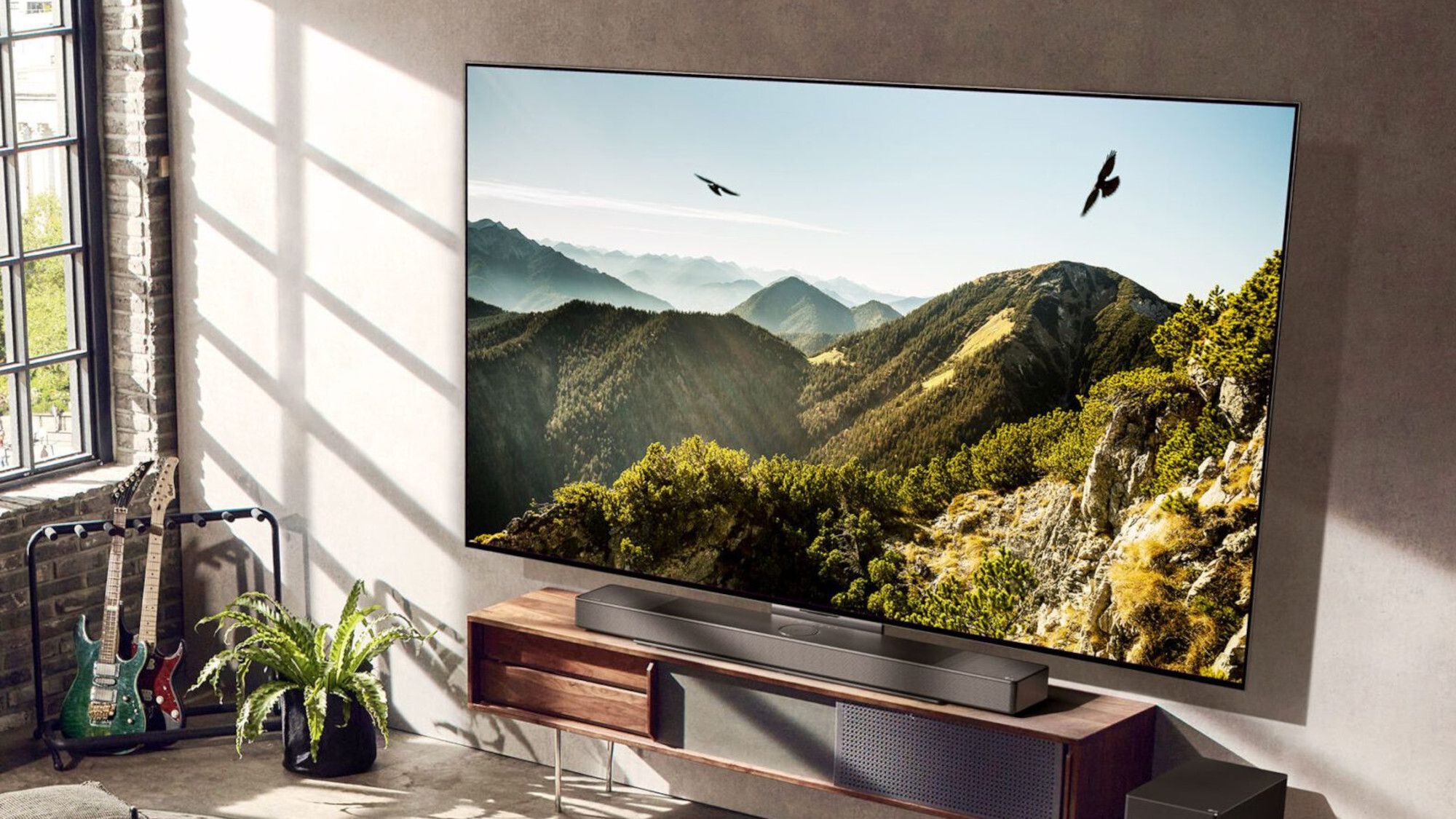
We love OLED TVs for their superior blacks and HDR support, but there may be other benefits — and it starts with your sleeping habits.
According to a new clinical study out of Seoul’s Kookmin University, in partnership with LG Display, researchers have uncovered that LG’s WOLED TVs can promote healthier sleeping via increased melatonin secretion. The study pitted OLED TVs vs LCDs in a divided group of 40 adults viewing the same content on the two different panels.
Even some of the best OLED TVs have their issues, which can often be spotted in either lower brightness output or limited audio coverage. But improved sleep might give OLED TVs an increased edge in the market if the research proves adequate.
And it’s not just improved general sleeping, as Kookmin University’s team also uncovered that OLED TVs can have greater impact on your parasympathetic nerves. This means that beyond being some of the best gaming TVs, OLEDs could potentially make you feel better or slightly more comfortable in certain scenarios.
How does OLED help with sleep?
Kookmin University researchers out of Seoul discovered far improved sleeping patterns when watching content on OLEDs. The study divided a total of 40 men and women into separate groups that consumed content on either an LG WOLED display, like the LG G4 OLED TV, or an LCD screen — and the results are surprising.
The team discovered that melatonin secretion levels, which correlates to the brain’s hormone production in response to darkness, rose by 8.1% for those watching on an OLED TV. The LCD group, on the other hand, saw a decrease in melatonin secretion by 2.7% over the course of two hours, which highlights the detrimental effects of blue light.
It comes as no surprise that blue light is a highly problematic issue in technology, as it has a wide range of negative impacts on health, including insomnia, heart disease, cancer and more. Many have sought ways in understanding not only how blue light affects the body but how OLED TVs might prove better for our health.
Get instant access to breaking news, the hottest reviews, great deals and helpful tips.
And if increasing melatonin secretion levels wasn’t enough, Kookmin University research lead Prof. Kim Chang-wook highlighted that OLED TVs also show improved activation of viewers’ parasympathetic nerves. These are what essentially controls a person’s feelings of comfort and ease, proving that OLED TVs could possibly make you feel better.
Despite their incredibly high premium, OLED TVs often have the best picture quality on the block. But LCD panel-bearing Mini-LED TVs are proving just as good if not somewhat better against the competition. It will be interesting to see if OLED TV makers start to trumpet this study in their marketing.
More from Tom's Guide
- Sony needs to integrate PS5 hardware into its Bravia TV line — here’s why
- Samsung and LG are rethinking their MicroLED TV strategy — here's why
- Forget OLED TVs — this new laser projector beams a 100-inch picture for hundreds less

Ryan Epps is a Staff Writer under the TV/AV section at Tom's Guide focusing on TVs and projectors. When not researching PHOLEDs and writing about the next major innovation in the projector space, he's consuming random anime from the 90's, playing Dark Souls 3 again, or reading yet another Haruki Murakami novel.
 Club Benefits
Club Benefits





